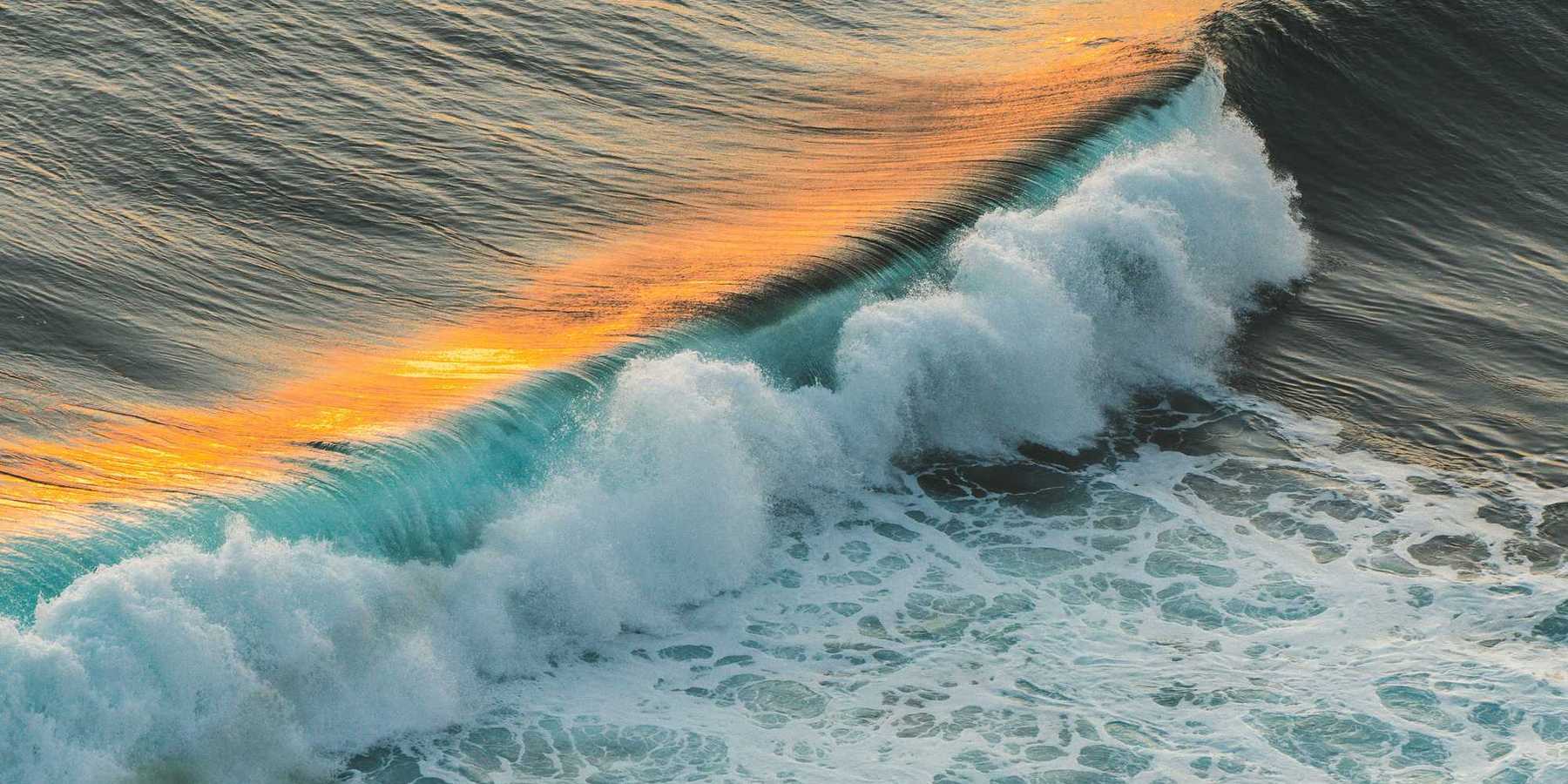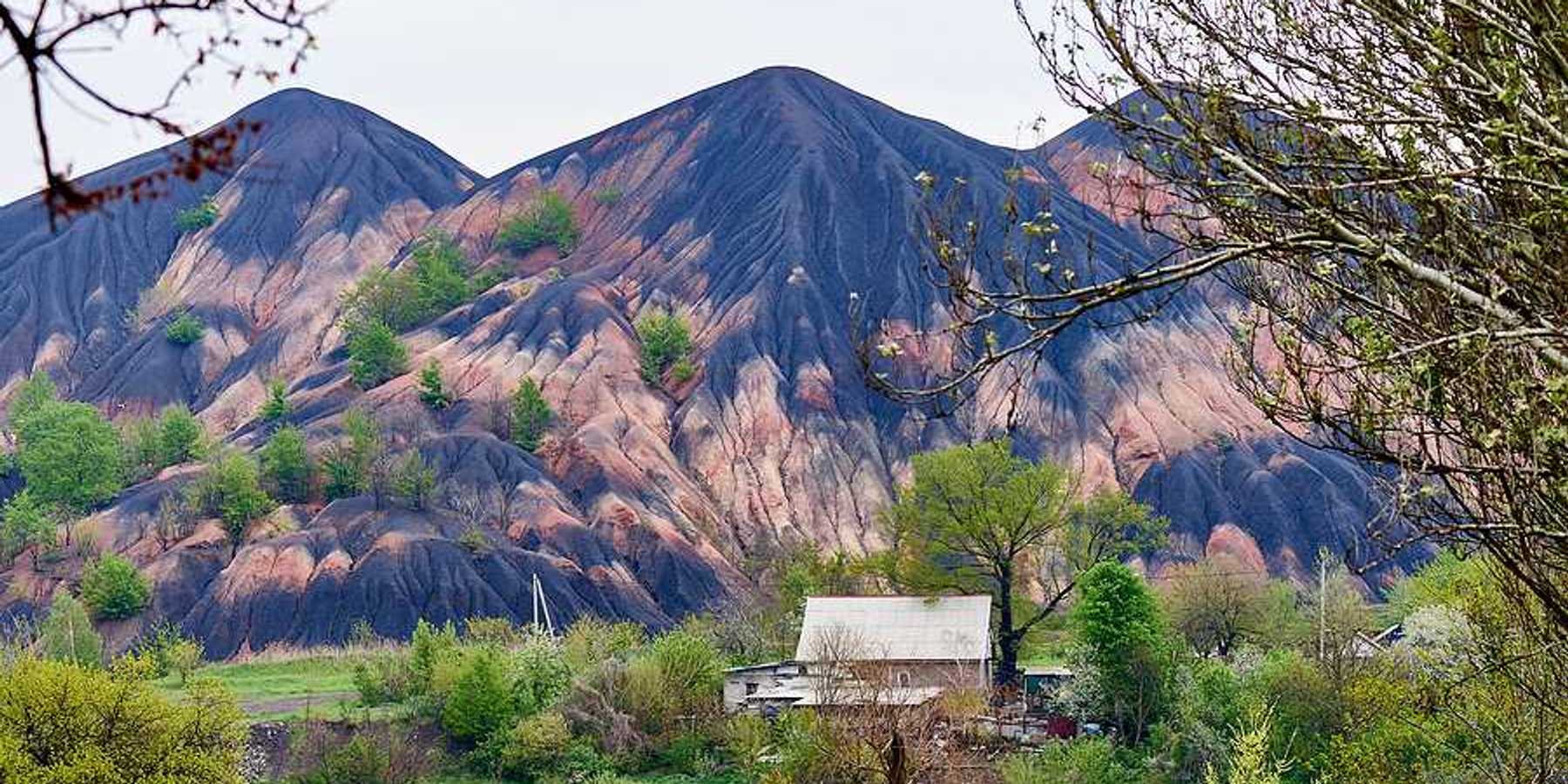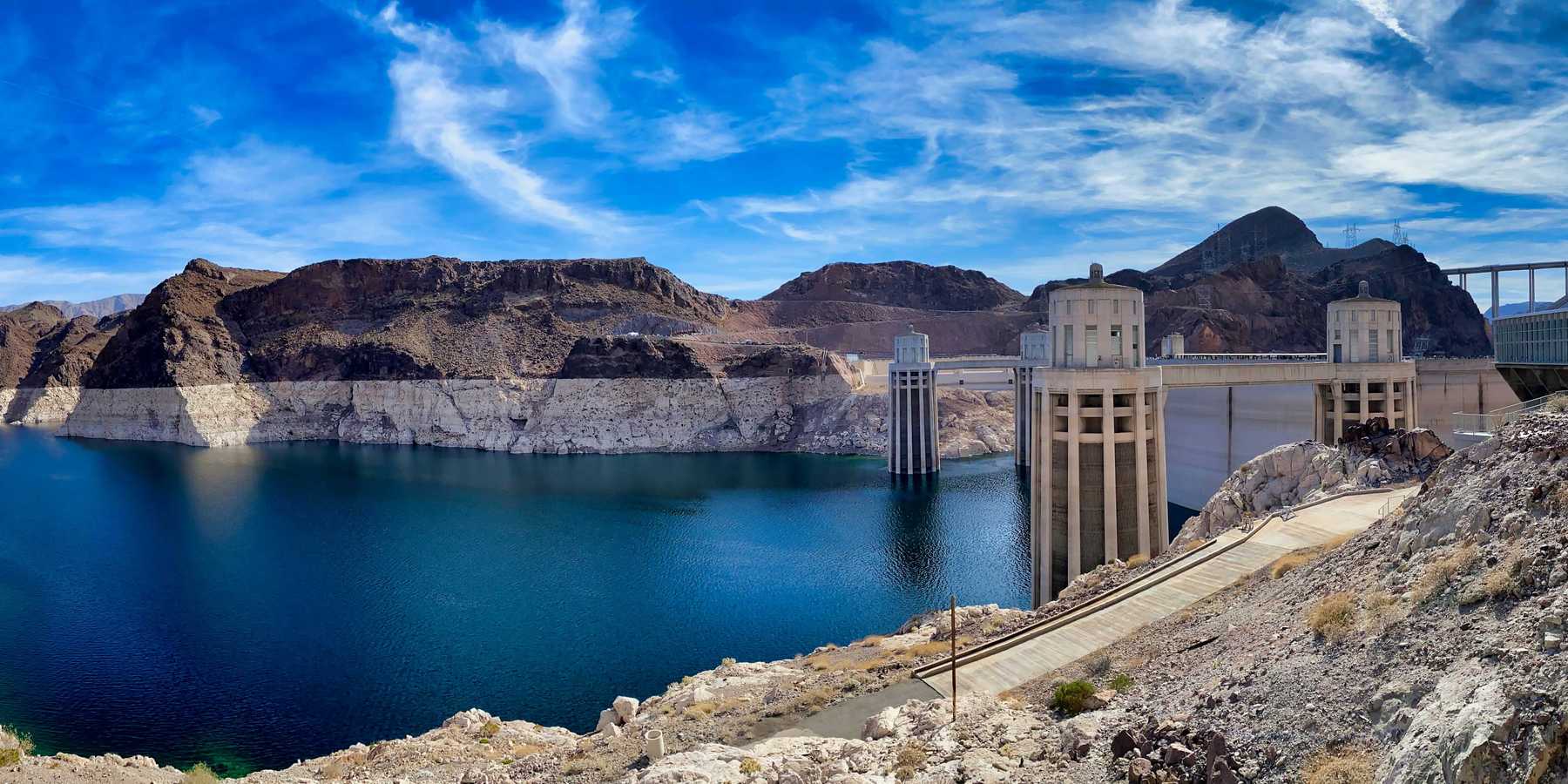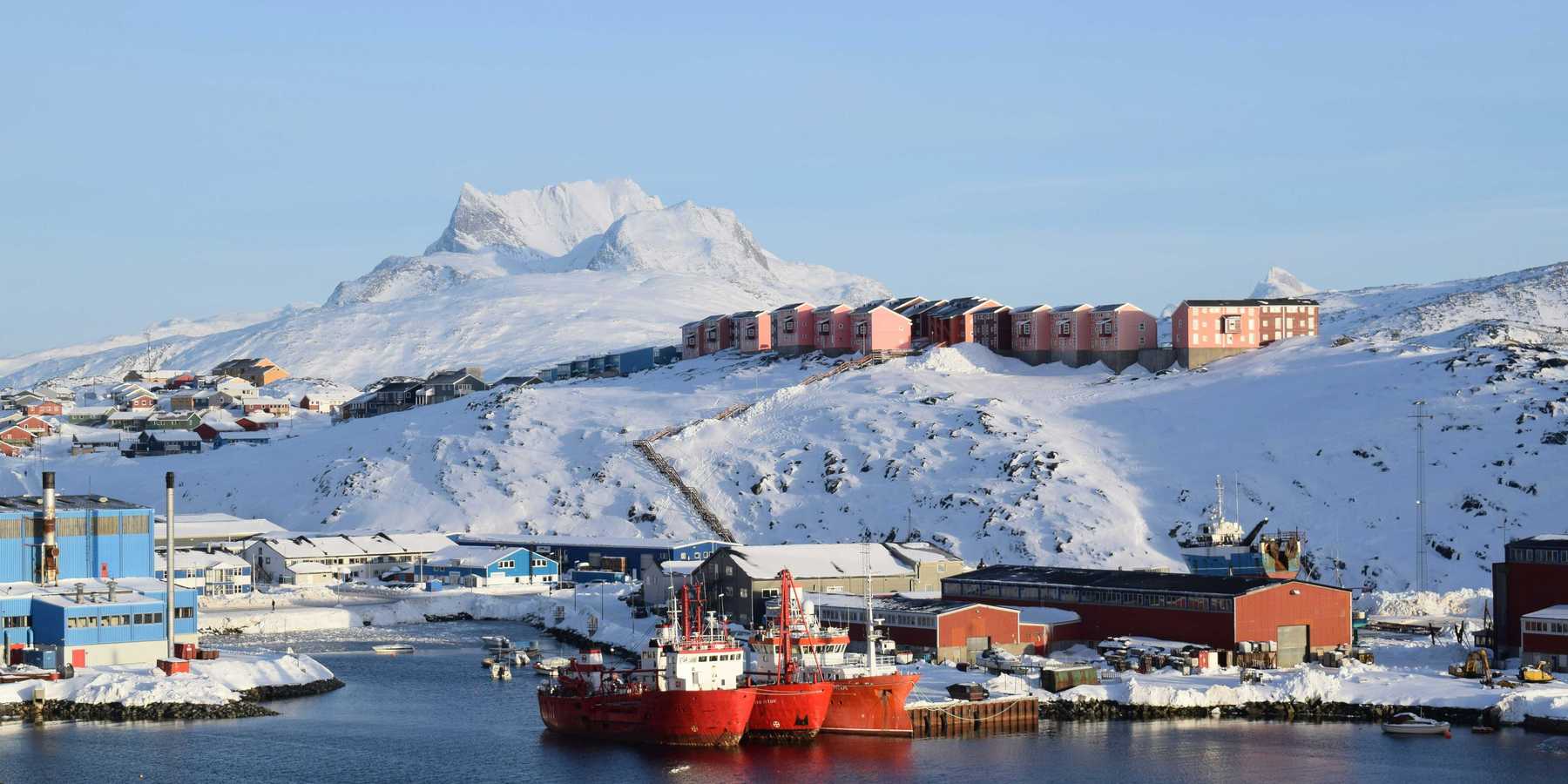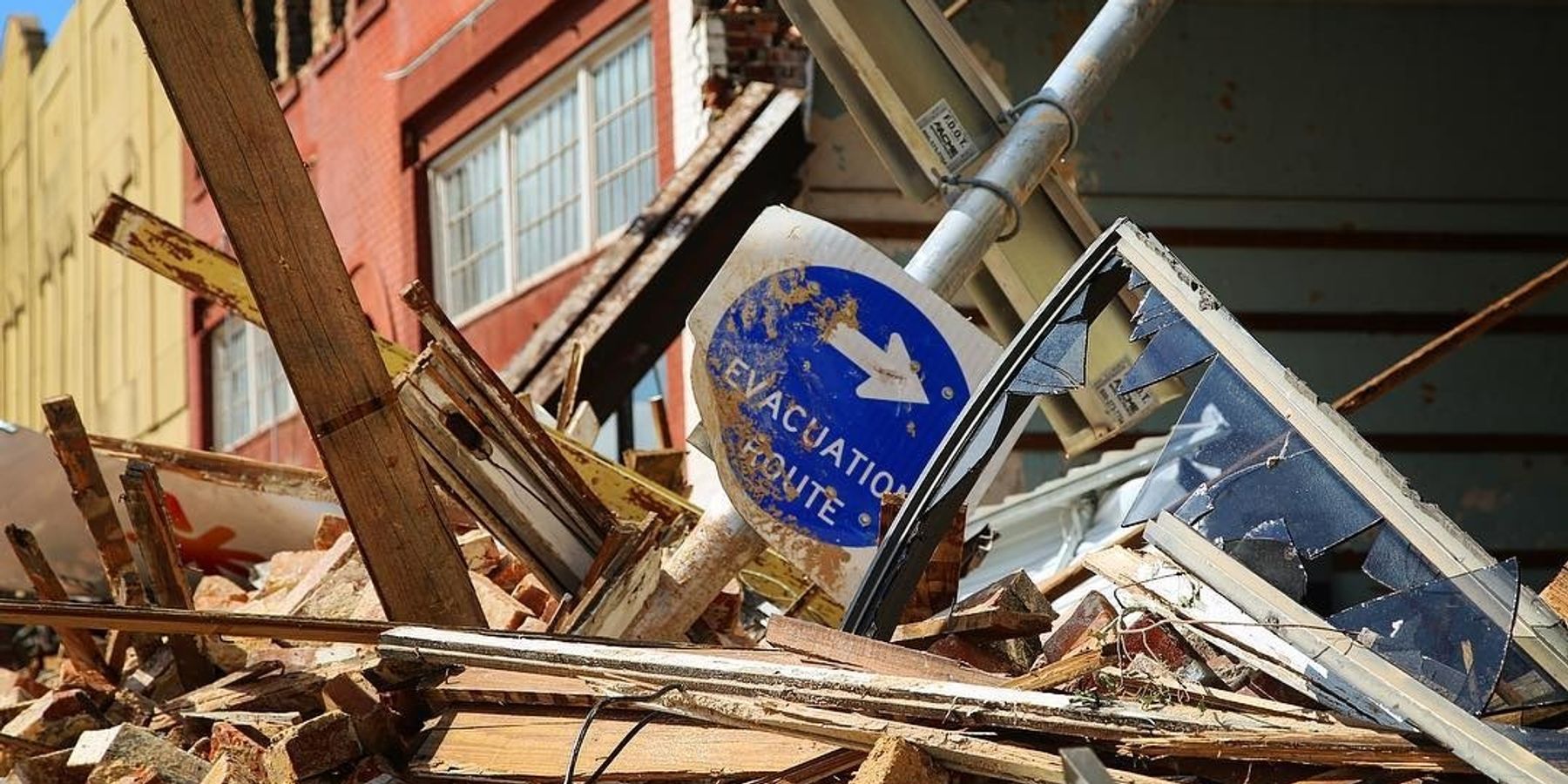
Peter Dykstra: What will it take on climate change?
Hurricanes, algae blooms, rising seas and melting ice. How much more before climate denial fades away?
As the Florida Panhandle begins to recover from Hurricane Michael, the state's attention will turn to a big Senate race next month. Hurricane Michael may cast the deciding vote.
Term-limited Republican Gov. Rick Scott hopes to unseat veteran Democratic Sen. Bill Nelson, and if he does, Democrats can kiss their hopes to take over the Senate goodbye.
Scott just completed a tour de force as the in-charge governor leading the emergency response to Michael. Like him or not, he's good at this. By contrast, Nelson is stiff and uneasy on TV. Fair or not, elections are decided by such things.
Scott is also a first-rate climate denier. In 2015, whistleblowers and former staffers for the state environment agency accused Scott of banning discussion of climate change in any state meetings or documents. Scott denied the charges.
For the past eight years, Scott has run a state experiencing rising seas, intense storms, and unprecedented algae blooms offshore. And this climate denier's political star may be rising. Go figure.
If he wins a Senate seat, Gov. Rick Scott will become the latest example of how climate denial is not a political liability.
Climate change is rarely mentioned as a factor in news coverage of extreme weather or wildfires. It was rarely mentioned in coverage of Hurricanes Florence and Michael. And it will be up to the somnolent Senator Nelson to make it an issue as he fights for his political life over the next four weeks. In the immediate wake of Hurricane Michael, he appears to be reticent to do so, for fear that he'd appear to be politicizing a tragedy.
Denial: Not a political liability
If he wins a Senate seat, Scott will become the latest example of how climate denial is not a political liability. The same can be said for Republican Sen. Ted Cruz in Texas.
How did Republicans get to be the way they are today? It wasn't always this way. From about 2008 to 2010, some of the biggest names in the party backed away from previous statements and actions acknowledging the threat of climate change. Newt Gingrich disowned a famous climate commercial he did with Nancy Pelosi. Mitt Romney became a doubter after creating a forward-thinking climate action plan while Massachusetts governor. The late John McCain backed off after co-sponsoring climate legislation. Former Alaska Gov. Sarah Palin – Sarah Palin!! – created a "climate sub-cabinet" before departing for national aspirations and reality TV.
As denial slowly fades among the general public, it's more firmly entrenched than ever in Washington, D.C.
By 2014, it was simply out of the question for a Republican who wanted to seek or keep an elective office to stump for climate action. "I am not a scientist" became a nonsensical disclaimer, as if lack of a Ph.D. robbed one of the moral authority to listen to real scientists and form an opinion. Scott was one of many who went there, as did Florida's other senator, Republican Marco Rubio.
Fertile turf
With the 2016 elections, President Trump's cabinet became fertile turf for climate deniers. As denial slowly fades among the general public, it's more firmly entrenched than ever in Washington, D.C.
Florida just got walloped by the most intense hurricane ever to landfall on its Gulf Coast. The summer saw algae blooms on both its coasts that surpassed any previous outbreaks. Miami Beach is actively preparing to elevate its streets to adapt to flooding that's already underway.
All of which returns us to the central question: Just what will it take to get climate deniers like Scott to admit that there might be a little problem here? If he's rewarded with a six-year term in the Senate, the solution may be more difficult than ever.

